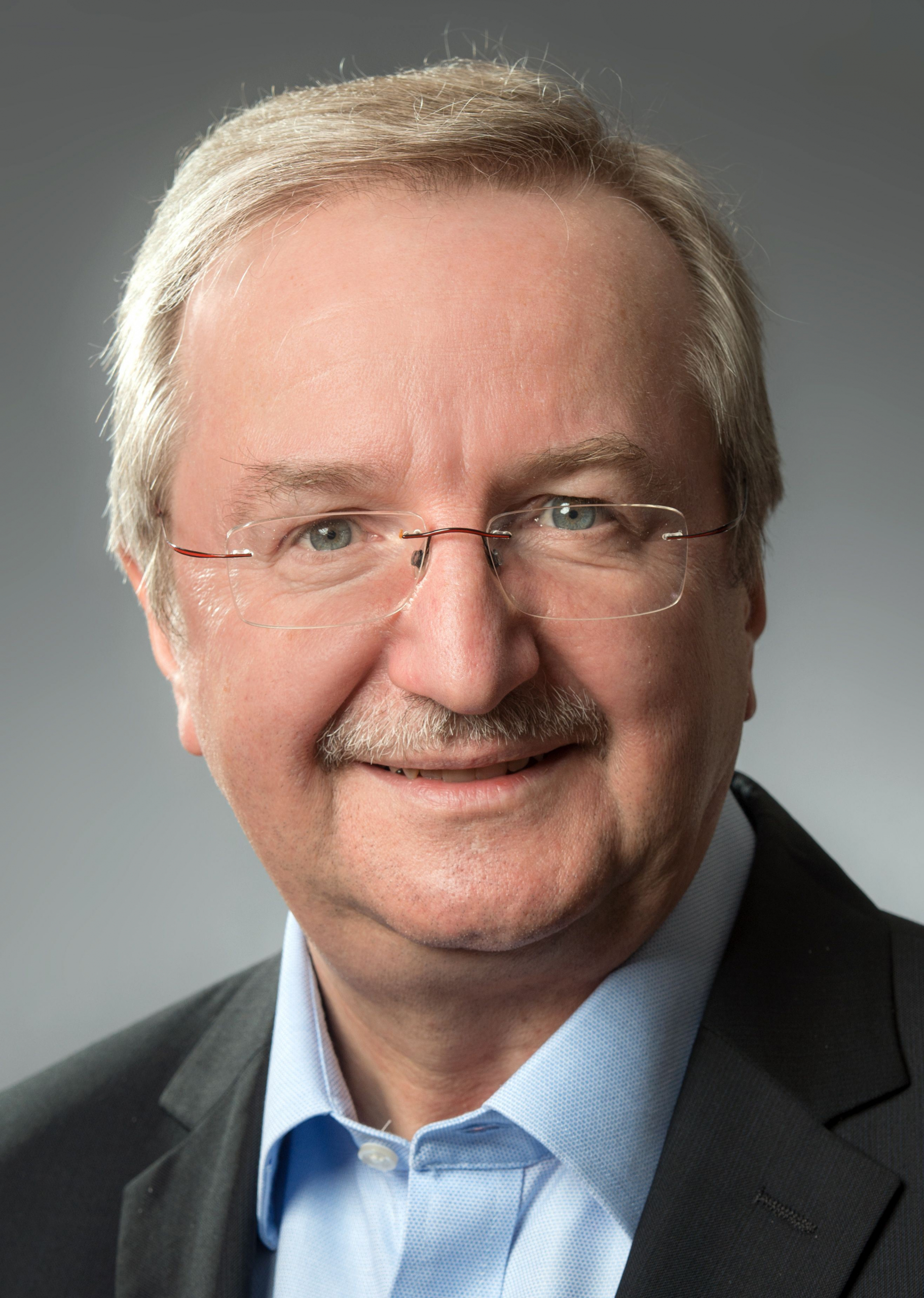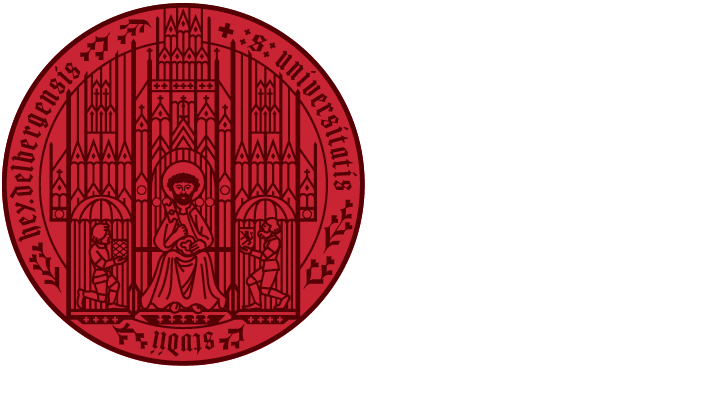Prof. Schneidmüller received his doctorate in 1977. From 1978 to 1981 he was a research assistant of Ehlers in the DFG priority program “Nationes” at the Historical Seminar of the University of Frankfurt am Main. From 1981 to 1987 he was a research assistant and temporary academic councilor at the Historical Seminar of the Technical University of Braunschweig, where he habilitated in 1985. He then held professorships in medieval history in Oldenburg (1987–1990), Braunschweig (1990–1994), and from 1994 to 2003 in Bamberg. Since the winter semester 2003/04, Schneidmüller has been teaching at the University of Heidelberg as successor to Jürgen Miethke.
His research focuses primarily on the whole of European nation-building and the emergence of political, social, and societal identities. Schneidmüller is a full member of the Heidelberg Academy of Sciences and Humanities, a corresponding member of the Braunschweig Scientific Society and several other scientific societies (e.g., the Frankfurt Historical Commission and the Constance Working Group for Medieval History). From 2014 to 2020, Bernd Schneidmüller was director of the Marsilius-Kolleg at the University of Heidelberg, together with the biologist Thomas Rausch.
Book publications, including: “Nomen patriae: die Entstehung Frankreichs in der politisch-geographischen Terminologiethe emergence of France in political-geographical terminology (10.–13. Jh.)” (1987); “Die Welfen: Herrschaft und Erinnerung (819‑1252 ” (2000), “Die Kaiser des Mittelalters. Von Karl dem Großen bis Maximilian I.” (2nd ed., 2007), “Grenzerfahrung und monarchische Ordnung: Europa 1200–1500” (2011).
Research Area:
I. Monasteries in the High Middle Ages
Projects:
- Innovation laboratories of European life designs and models of order


